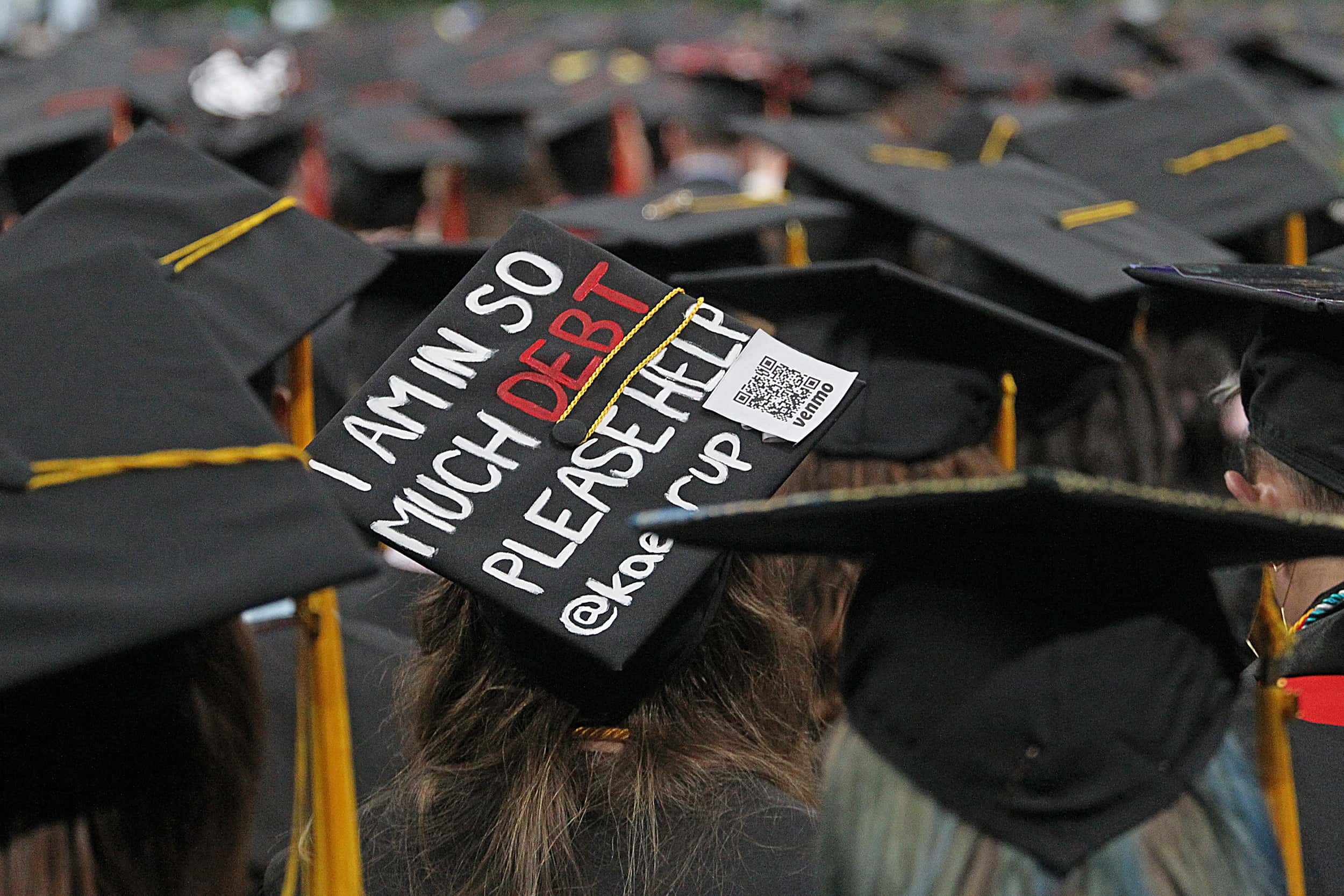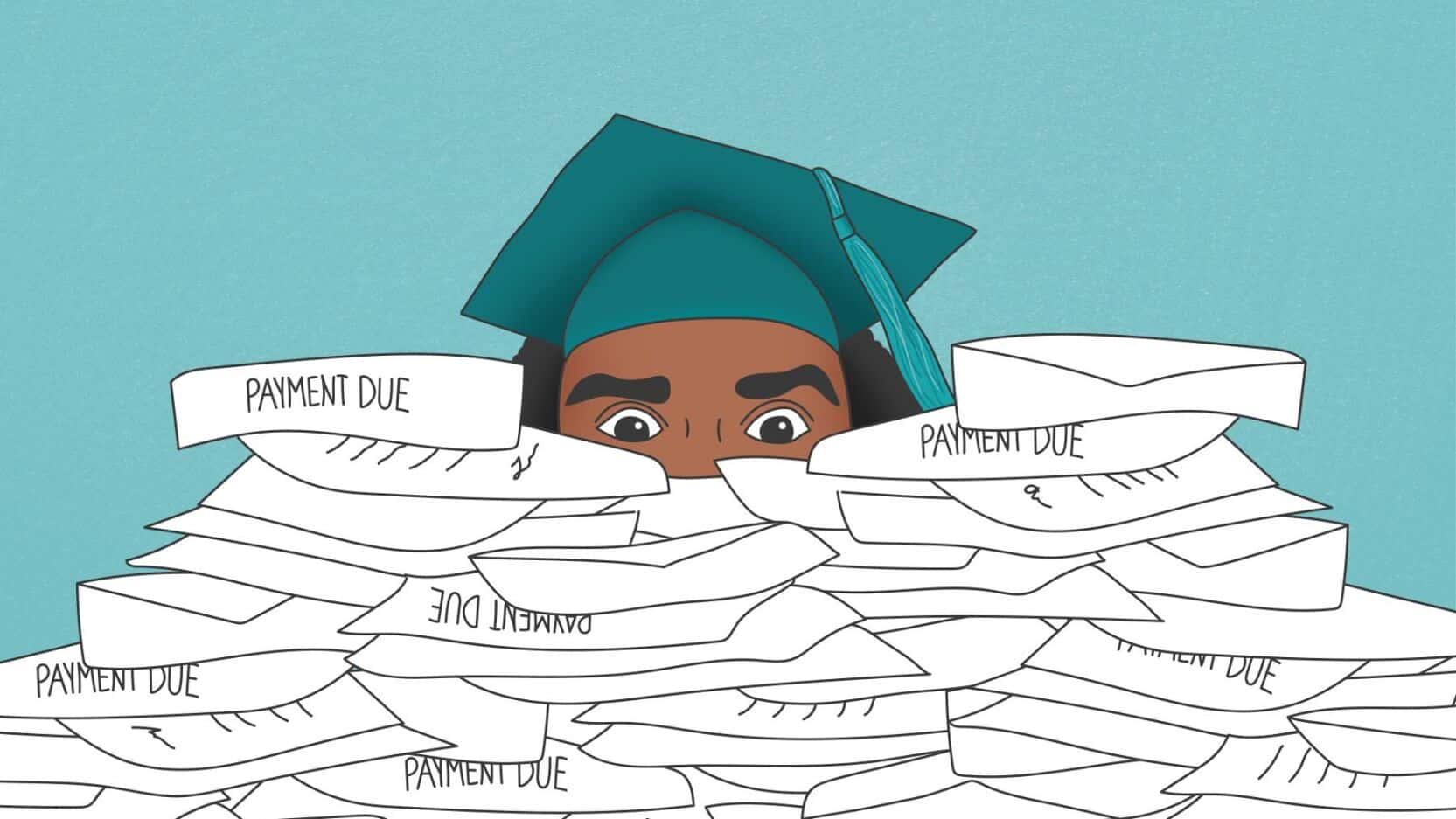While undergraduate degrees continue to prove financially beneficial for most individuals, new research highlights that many graduate programs are leaving students burdened with more unmanageable debt than they can handle, especially when their incomes fail to cover the balance.

Amid the ongoing debate on addressing the student debt crisis in the United States, a concerning trend of unmanageable debt has emerged among graduate degree holders
The study, conducted by the HEA Group and the National Student Legal Defense Network, analyzed federal data from 1,661 higher education institutions and 6,371 graduate programs. Shockingly, about one-third (32%) of the institutions showed that their former graduate students owed more on their loans than the initial borrowed amount even five years after starting repayment.
Even more alarming, at two dozen institutions, former graduate students have accumulated over $25 million in interest alone. Additionally, certain graduate programs at institutions like Walden University, University of Phoenix, Capella University, Strayer University, Liberty University, DeVry University, and Nova Southeastern University have produced borrowers who collectively owe more than $100 million in interest.
One factor contributing to this unmanageable debt crisis is the higher interest rates on federal graduate student loans compared to those for undergraduates. Currently, graduate or professional school students who take out direct unsubsidized loans face a fixed interest rate of 7.05%. However, at some institutions, this is not happening, leading to ballooning interest amounts that students cannot afford to pay off.
The lack of safeguards to prevent students from accumulating unmanageable debt while earning insufficient post-graduate incomes has been a significant concern
The study emphasizes the absence of checks and balances in place, perpetuating a cycle where students take on massive amounts of debt that they are unlikely to fully repay.
Nearly two decades ago, a Republican-controlled Congress removed limits on graduate student loans to increase accessibility for low- and middle-income students. However, the unintended consequence has been a surge in unmanageable debt among graduate degree holders. In response to this mounting issue, some Republican senators have proposed curbing the near-unlimited borrowing power granted to graduate students.
As the nation grapples with solutions to the student debt crisis, urgent attention is needed to address the specific challenges faced by graduate students. Otherwise, the cycle of unmanageable debt will persist, affecting the financial well-being of countless individuals seeking to improve their career prospects through higher education.
READ ALSO: Student Loan Repayment Plan Now Open For Enrollment Ahead Of Payment Resumption




